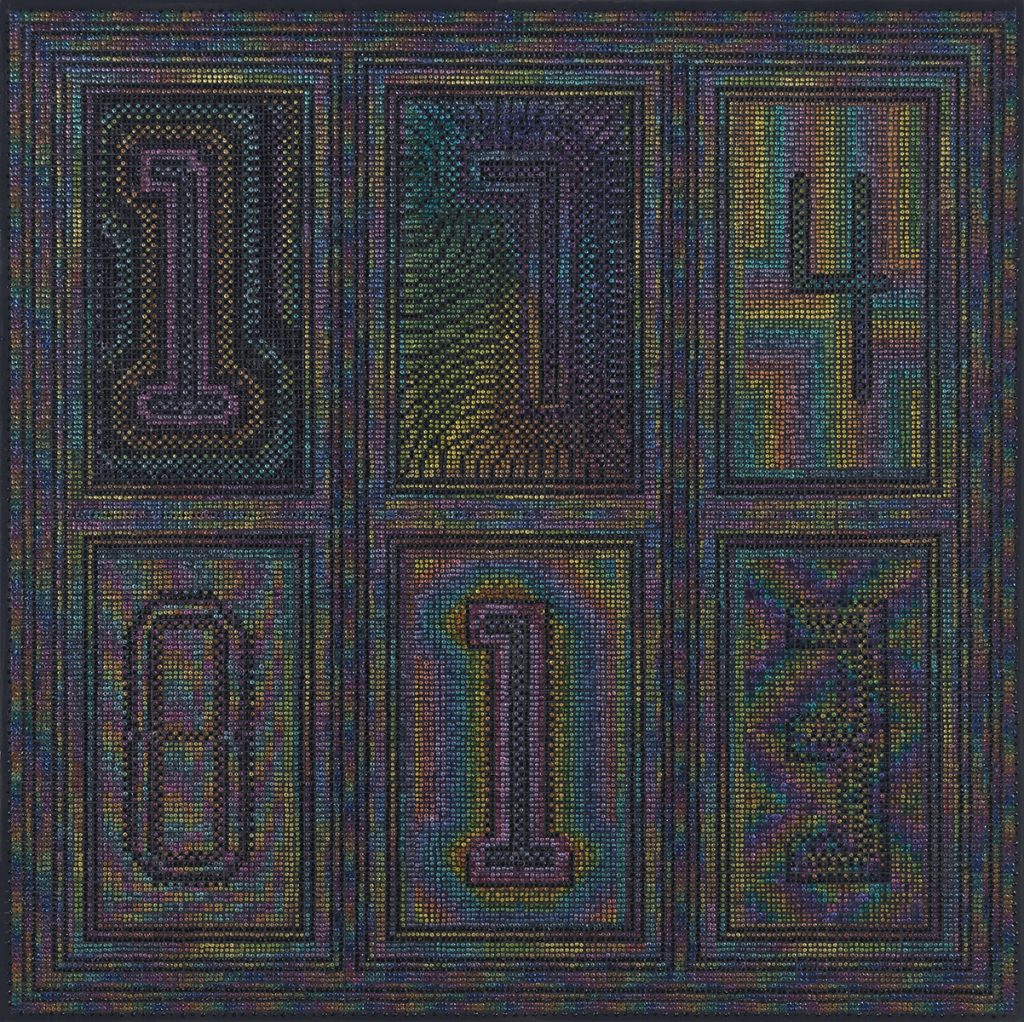They have helicopters and armored vehicles. They're driving cars into crowds, firing teargas, and flash grenades. They're beating people with batons and trampling them with horses. They're murdering people in broad daylight. The brutality is flagrant and obscene. Yet "it's not police brutality, it's police practice," as Professor Dylan Rodriguez so accurately put it.
A healthy society must abolish its repressive state apparatus. I favor the abolition of the police, prisons, and the military. For the short term, we must put all police departments in immediate receivership, confiscating weapons and armor, then defund, demilitarize, and ultimately dismantle them. If you want to learn more about policing and prisons, I recommend reading the work of, among others, Michelle Alexander, Angela Davis, Alex Vitale, and Jackie Wang.
For the long term, all arms of the repressive state apparatus -- if any remnants still exist -- should be run on a principle of citizen service. Military service and policing must not be waged labor staffed by well-funded mercenaries. The concept of a "for profit" prison is obscene.
I support protest as a human right. Striking and agitating should be held in high esteem. While I ultimately consider non-violence to be both politically and strategically superior, media and popular hysteria around so-called rioting and looting is absurd. On the sources and uses of violence I recommend reading Frantz Fanon's classic text on racism and colonialism The Wretched of the Earth.
Since police sadism is evidence of a deeply distressed world, I call for a wholesale reinvention of society along principles of justice and human dignity. This will begin with an acknowledgment of the worth of all individuals and communities, particularly poor, black, and immigrant communities who have endured so much for so long. I support reparations for American slavery and decades of anti-black discrimination. This would include the redistribution of money and land, plus a broad social movement toward "truth and reconciliation."
Anti-black racism is deeply intertwined with capitalism and economic injustice. I thus support the creation of a new International labor movement. The aim of this movement would be to orient society toward the flourishing of all people, starting with the abolition of capitalism and an end to the exploitation of labor. Society should be organized around principles of citizen participation and radical democracy. To this end, I support the Green New Deal and advocate an immediate de-carbonization of the world economy, paired with a jobs guarantee and a housing guarantee.
Our society is injured and scarred. To encourage spiritual and bodily well-being, I support universal basic services, beginning with universal single-payer healthcare. As the current pandemic so vividly demonstrates, the for-profit hospital, medical insurance, and pharmaceutical industries are a public health nuisance and should be abolished, to be replaced by institutions working toward the collective good.
I support immediate expropriation of the wealth of billionaires, as well as the introduction of a global wealth tax. Following the ancient principle of debt jubilee, reprised recently by David Graeber, I advocate an immediate dismissal of all debt, including all student debt and so-called "structural adjustment" debt held by nations in the global south. Eliminating debt helps all people, but economic studies have shown that it particularly helps people of color. These debts should not be "forgiven" since that simply perpetuates a new form of symbolic debt; they should be dismissed and obliterated, ushering in a new golden age.
Our political leaders are abject failures. Members of congress, governors, and mayors both white and black have abandoned us. They should all be recalled, followed by a new constitutional convention on world democracy populated by citizen delegations. The current American president is a contemptible human being who should be immediately removed from office, brought to justice for his many crimes (political, moral, sexual), and excommunicated from planet Earth in the next available NASA capsule.



